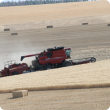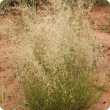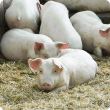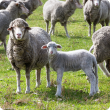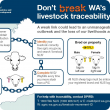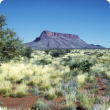Filter by regions:
- (-) Remove Gascoyne filter Gascoyne
- Goldfields-Esperance (586) Apply Goldfields-Esperance filter
- Mid West (579) Apply Mid West filter
- South West (577) Apply South West filter
- Great Southern (571) Apply Great Southern filter
- Pilbara (559) Apply Pilbara filter
- Kimberley (555) Apply Kimberley filter
- Peel (541) Apply Peel filter
- Wheatbelt (507) Apply Wheatbelt filter
- Perth regions (433) Apply Perth regions filter

